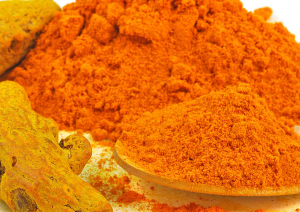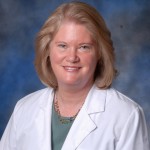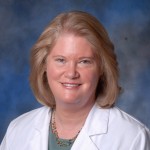 If you’ve been paying attention to cooking shows and lifestyle magazines as of late, you may have noticed an unfamiliar name in many recipes, points out women’s health expert Marla Ahlgrimm. Turmeric is a popular ingredient in several Indian dishes, but its uses are many and varied. Marla Ahlgrimm explains how turmeric can be a major health benefit while making dishes taste great.
If you’ve been paying attention to cooking shows and lifestyle magazines as of late, you may have noticed an unfamiliar name in many recipes, points out women’s health expert Marla Ahlgrimm. Turmeric is a popular ingredient in several Indian dishes, but its uses are many and varied. Marla Ahlgrimm explains how turmeric can be a major health benefit while making dishes taste great.
Interviewing Experts: Thanks so much for joining us this afternoon.
Marla Ahlgrimm: It’s wonderful to chat with you. I appreciate this invitation.
Interviewing Experts: As many people have learned over the years, spices can often be used to treat ailments and boost wellness.
Marla Ahlgrimm: Yes – that’s exactly right. [Read more…]

